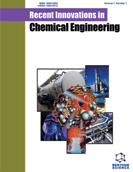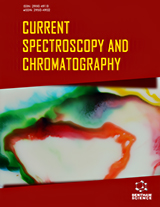Abstract
Metabolism is a cellular process for energy formation from food sources by using a multitude of interdependent pathways with the help of thousands of enzymatic machinery. Encyclopedia of genetics defines metabolic diseases as the inability of metabolism, including improper functioning of enzymes for metabolism of carbohydrates, amino acids derived from proteins, and fatty acids liberated from lipids, respectively. Most of these are typically inherited, but a person may remain asymptomatic for years before the disease could get triggered. An interesting characteristic of these diseases is that their occurrence would be considered rare when individual statistics are studied but the same diseases could be considered common when studied in a group of people with unifying genetic features. A few metabolic diseases could be acquired and have their origin in malnutrition, such as Kwashiorkor and Marasmus, or diseases that could be attributed to endocrinal malfunction of which diabetes mellitus and obesity are classic examples. Treatments for these diseases are as varied as the causes and can range from simple dietary changes to organ transplants. Biopharmaceuticals such as proteins, peptides, as well as antisense oligonucleotides, and deoxyribonucleic acid (DNA) preparations for gene therapy could provide a viable, non-invasive mode to treat most of these inherited diseases, whereas nutritional supplements along with herbal and synthetic drugs would be the way to treat the acquired ones. Nevertheless, formulating biopharmaceuticals with excellent efficacy, optimal shelf life and the ability for large scale manufacturing have still eluded the pharmaceutical industry. Nanotechnology can maneuver the structure of original therapeutic materials into a new nano range materials, which demonstrate incredible property differences compared to those of original materials. Hence, nanomedicine could be the way forward to deliver a plethora of drugs ranging from biological, herbal, and synthetic nature as compared to traditional methods. A wide spectrum of nanoparticulate based systems such as inorganic particles like quantum dots, dendrimers; polymeric systems utilizing biodegradable polymers of natural or synthetic origin, lipid-based systems like liposomes, solid lipid nanoparticles, etc., has been employed successfully in the delivery of the aforementioned classes of drugs. This review will encompass a brief introduction to various metabolic disorders and would focus on the available and possible nano-based treatment options for each of them.
Keywords: Metabolic diseases, nano-medicine, diabetes, obesity, gene therapy, nanotechnology.
Graphical Abstract





















